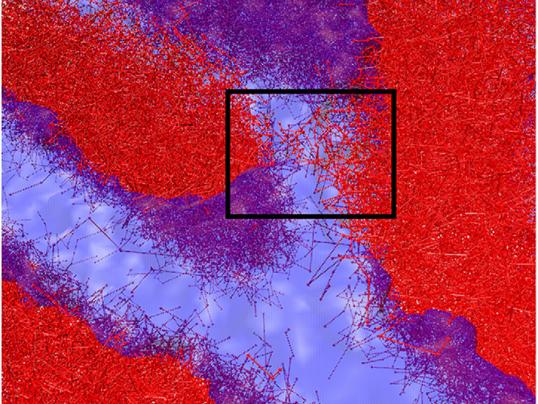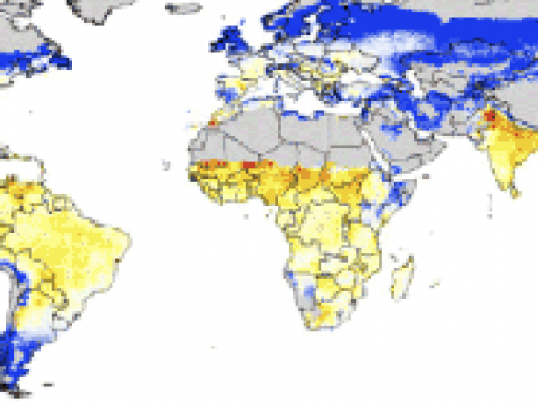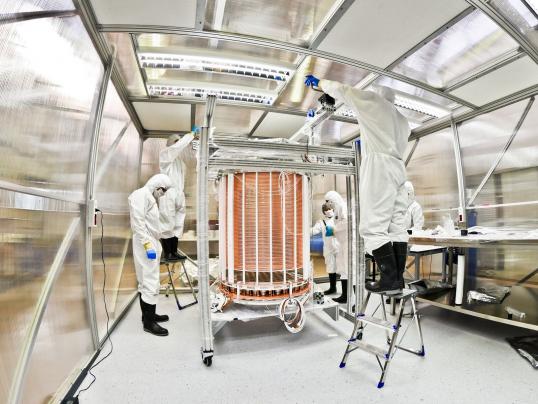Primary tabs

Annihilating Nanoscale Defects
Wednesday, February 3, 2016
University of Chicago and Argonne researchers have found a way miniaturize microchip components using a technique producing zero defects.

Advice for Faculty Poured Out at Research Uncorked
Tuesday, February 2, 2016
“The point of my office is to make your research easier,” said Donald H. Levy.

GGCMI Crop Simulation Study Enters New Phase
Tuesday, January 12, 2016
Since 2012, an international group of scientists have worked on the Global Gridded Crop Model Intercomparison (GGCMI) Project, an effort to assess climate impacts on agriculture at continental and global scales and compare and improve existing crop models. The ultimate goal is to create powerful new models that can help decision-makers at the United Nations, the Intergovernmental Panel on Climate Change, and governments around the world manage their food production under a changing climate.

How to Get There from Here: Panel Discussions on Careers in Computation
Tuesday, December 1, 2015
As part of its Mind Bytes 2015 research computing expo and symposium on October 27, 2015, the Research Computing Center partnered with UChicagoGRAD to present panel discussions aimed at students interested in computation about their career options.

New Ultra-Sensitive Instrument Aims to Detect Hints of Elusive Dark Matter Particles
Thursday, November 12, 2015
There is five times more dark matter in the universe than “normal” matter—the atoms and molecules that make up the familiar world. Yet, it is still unknown what this dominant dark component actually is.